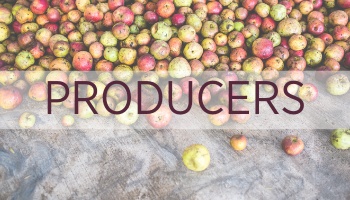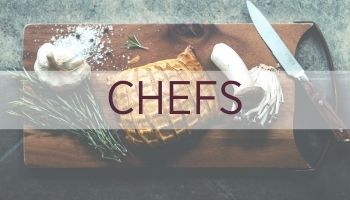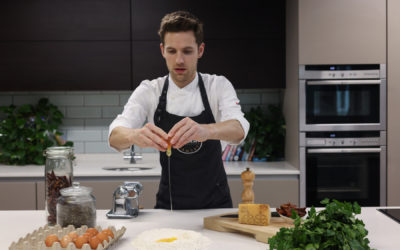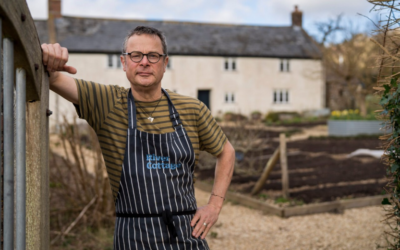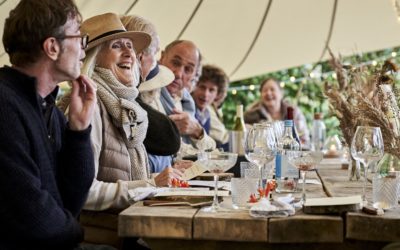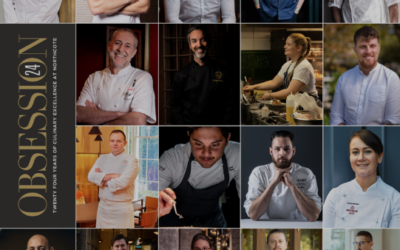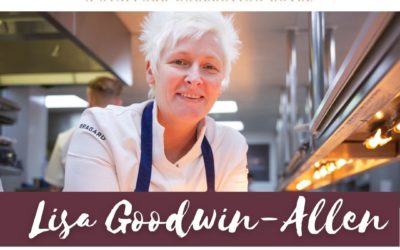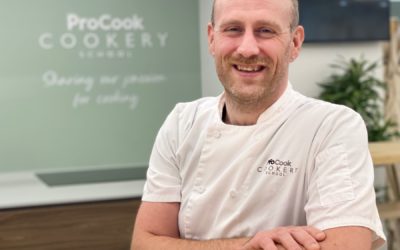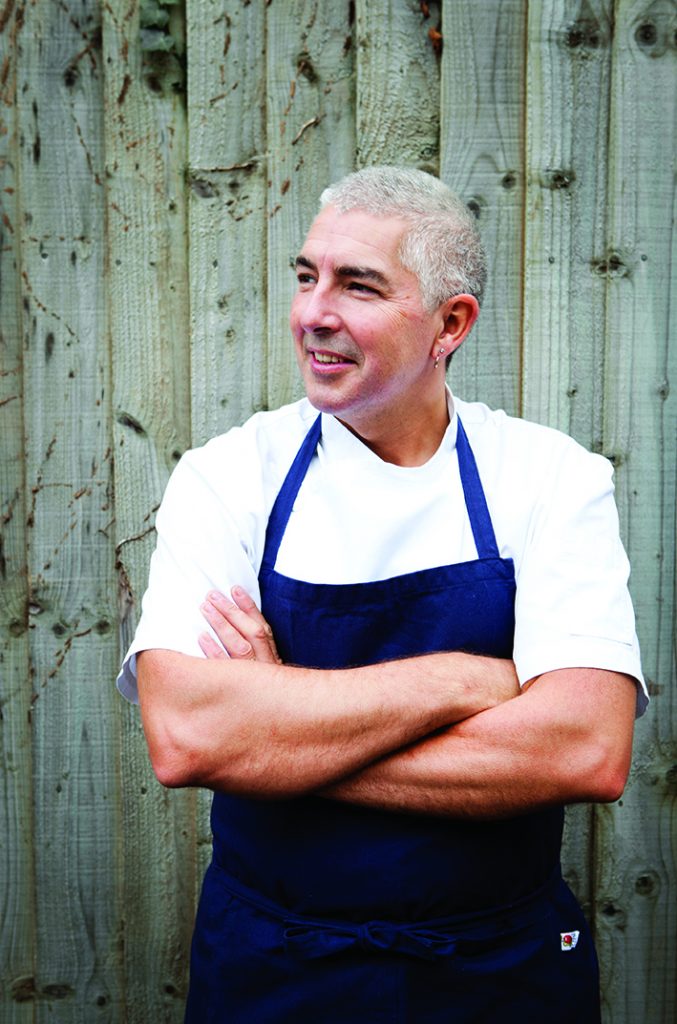
David Everitt-Matthias is the epitome of the ‘chef’s chef’. He has been running 2 Michelin Star Le Champignon Sauvage with his wife Helen since 1987 and has famously never missed a service. In that time they have been quietly amassing a range of accolades including the 2 Michelin stars, 4 AA rosettes and the Good Food Guide’s Chef of the Year award in 2014.
“Here in the Cotswolds, we are very lucky to be so close to such wonderful produce: terrific cheeses, lamb and game as well as an abundance of wild mushrooms and other foraged foods. We have a good climate, which helps with the growing and farming of produce. There has been a huge development recently with many small producers coming to the area to grow, brew, distil and produce wonderful food and drink offerings, including an insurgence of microbrewers and even locally made gin. It’s a very exciting time for the region. Being surrounded by great producers and great natural ingredients means that we can put the best seasonal flavours on the plate. A lot of local chefs are in the same position. There are so many good restaurants within this region it’s hard to pick, but if pushed my favourites are 5 North Street, The Wild Rabbit, Purslane in Cheltenham and The Butchers Arms in Eldersfield.
When building a dish we look to the seasons, though the most important thing is taste. How can we extract as much flavour as possible into the dish? We are known for our bold, masculine flavours. I want a lemon tart to taste like it has a whole box of lemons in it! Then we look at texture; a plate of soft food is not stimulating, so texture is needed to excite the palate.
Finally we work on the appearance of the dish and which plates to use. Occasionally we may commission local potters to make some of the plates for specific dishes at various times of the year. At Le Champignon Sauvage, we love natural ingredients. Spring heralds growth and there are new shoots popping up everywhere. Wild garlic appears, scarlet elf caps grow nearby, stone crop, young nettles and sorrel begins to appear. Autumn brings the mushroom season with blue limbs, bay boletus and honey fungus all coming to the fore. And for those empty basket days, there will always be crab apples, chestnuts and acorns to gather. It’ s not all about foraging, of course. We are blessed in having good contacts with many of our suppliers. Charles Martell & Son supply our Stinking Bishop, which is washed in perry cider to give it its characteristic flavour and pungent smell, and May Hill Green, a soft cows’ milk cheese inspired by the May Hill – an important part of the Gloucestershire landscape that is topped by 99 pine trees on May Day for revellers to assemble round and greet the dawn.
Hamish Campbell supplies his ‘R Oil’ rapeseed oil to the restaurant. It has a uniquely nutty flavour and a wonderfully deep golden colour. I remember him coming into the restaurant many, many years ago. He offered me a bottle of oil and I loved it. He hadn’t’ t a clue who I was – but we’ve got on well ever since. Chefs need to care about their produce and forge links with their suppliers – and home cooks can too. Regular chats with your butcher, fishmonger and greengrocer about what is available and what affect the weather has had on the produce will help you get the quality you are looking for. Even in the land-locked Midlands you can still access an excellent quality of fish and seafood. I use Flying Fish Seafoods in Cornwall and Johnny is, without doubt, the best fishmonger I have ever had. It is in a cook’s interest to deal with suppliers that are as proud of their product as they are in cooking it. I am very fortunate to be in this part of the world and I have been lucky enough to work with some great suppliers. It is with such delight and pride to champion our favourite producers, chefs and venues in this prestigious cookbook”
Follow David here:
Website : Le Champignon Sauvage, Cheltenham




